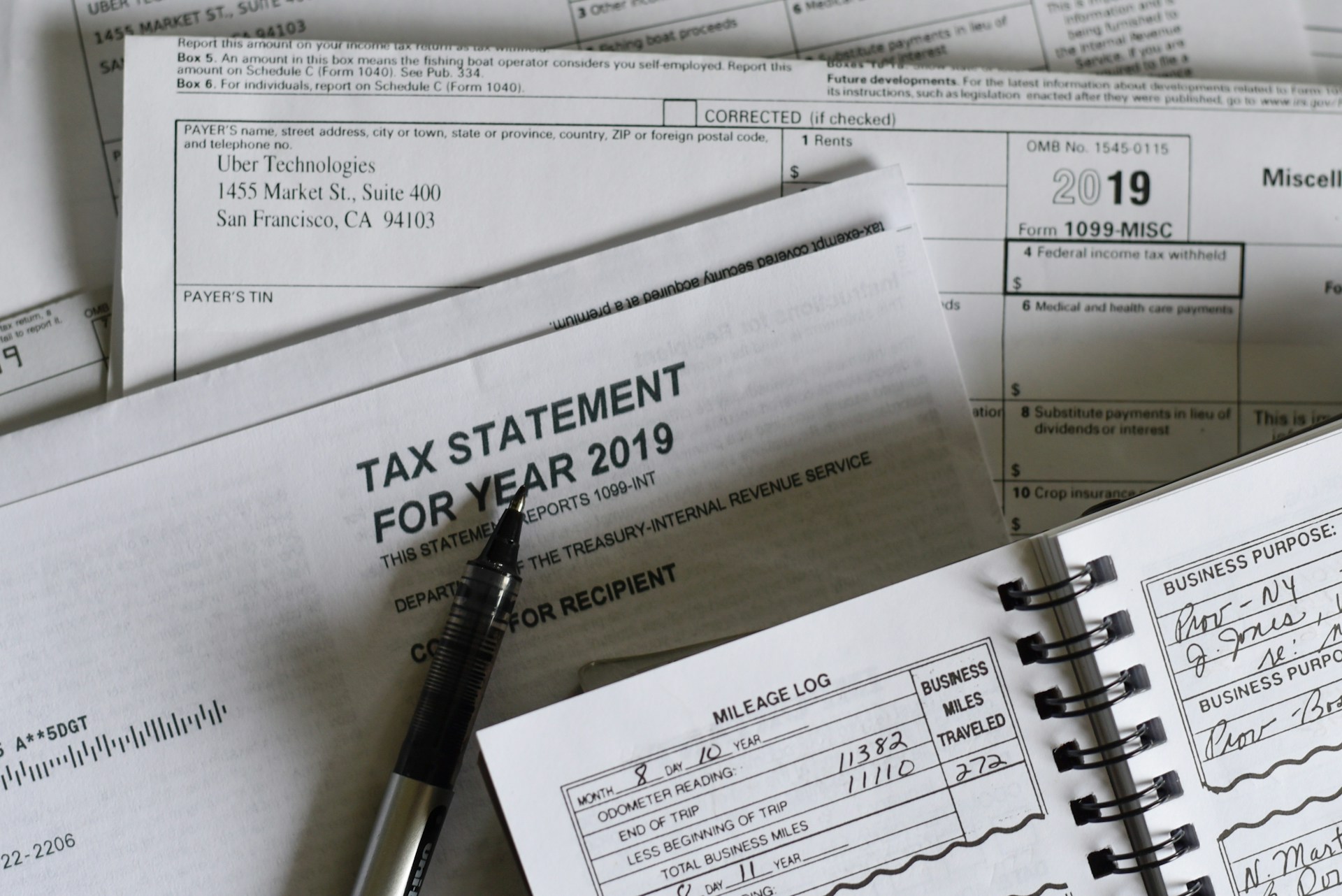
Understanding the Tax Implications of Student Loan Interest
Navigating the world of student loans can be daunting, especially when it comes to understanding the tax implications of student loan interest. Many borrowers are unaware that they may be eligible for certain tax deductions related to their student loans. In this article, we will explore the tax benefits, eligibility requirements, and important considerations surrounding student loan interest.
What is Student Loan Interest?
Student loan interest is the cost you incur for borrowing money to pay for your education. This interest can accumulate over time, increasing the total amount you owe. However, the good news is that you may be able to deduct a portion of this interest on your federal income tax return.
Tax Deduction for Student Loan Interest
The IRS allows borrowers to deduct up to $2,500 of student loan interest paid during the tax year. This deduction is available to both federal and private student loans, making it an important consideration for many graduates and current students.
Eligibility Requirements
To qualify for the student loan interest deduction, you must meet the following criteria:
1. Filing Status: You must file your taxes as single, head of household, or married filing jointly. If you are married and file separately, you cannot claim this deduction.
2. Income Limits: The deduction begins to phase out for single filers with a modified adjusted gross income (MAGI) above $70,000 and for married couples filing jointly with a MAGI above $140,000. If your income exceeds $85,000 (single) or $170,000 (married filing jointly), you will not be eligible for the deduction.
3. Qualified Loans: The student loans must be taken out solely to pay for qualified education expenses, such as tuition, fees, and living expenses for you, your spouse, or your dependents.
4. Loan Repayment: You must have been legally obligated to pay interest on a qualified student loan during the tax year.
How to Claim the Deduction
To claim the student loan interest deduction, you will need to complete Form 1040 or Form 1040A. You will report the interest you paid using Form 1098-E, which is provided by your loan servicer. This form outlines the amount of student loan interest you paid during the tax year.
Additional Tax Considerations
It's essential to understand that the student loan interest deduction is an "above-the-line" deduction. This means you can claim it even if you do not itemize your deductions. This can reduce your taxable income and potentially lower your overall tax bill.
Impact of Loan Forgiveness on Taxes
If you qualify for student loan forgiveness programs, such as Public Service Loan Forgiveness (PSLF), it's crucial to consider the potential tax implications. While forgiven loans under certain programs may not be taxable, loans forgiven under other circumstances can be considered taxable income. Always consult with a tax professional to understand how forgiveness may impact your tax situation.
Record Keeping
Keeping accurate records of your student loan interest payments is essential for maximizing your tax benefits. Make sure to save your Form 1098-E and any related documents for your records. This will make it easier to claim your deduction and ensure you have the necessary documentation in case of an audit.
Conclusion
Understanding the tax implications of student loan interest can help you take full advantage of the deductions available to you. By knowing the eligibility requirements and keeping accurate records, you can potentially reduce your taxable income and save money during tax season. As always, it's advisable to consult a tax professional for personalized advice tailored to your unique financial situation. Don't let student loans overwhelm you; instead, leverage the available tax benefits to ease your financial burden!
Why You Need to Research Your Student Loans
Student Loans vs Student Loan Refinance: What's The Difference?
Monthly Payment Calculator. How Do Monthly Payments Work?
Understanding Student Loans: Types and Differences
Interest Rate Estimator. How Are Interest Rates Calculated
Need More Help? Read More Here!











